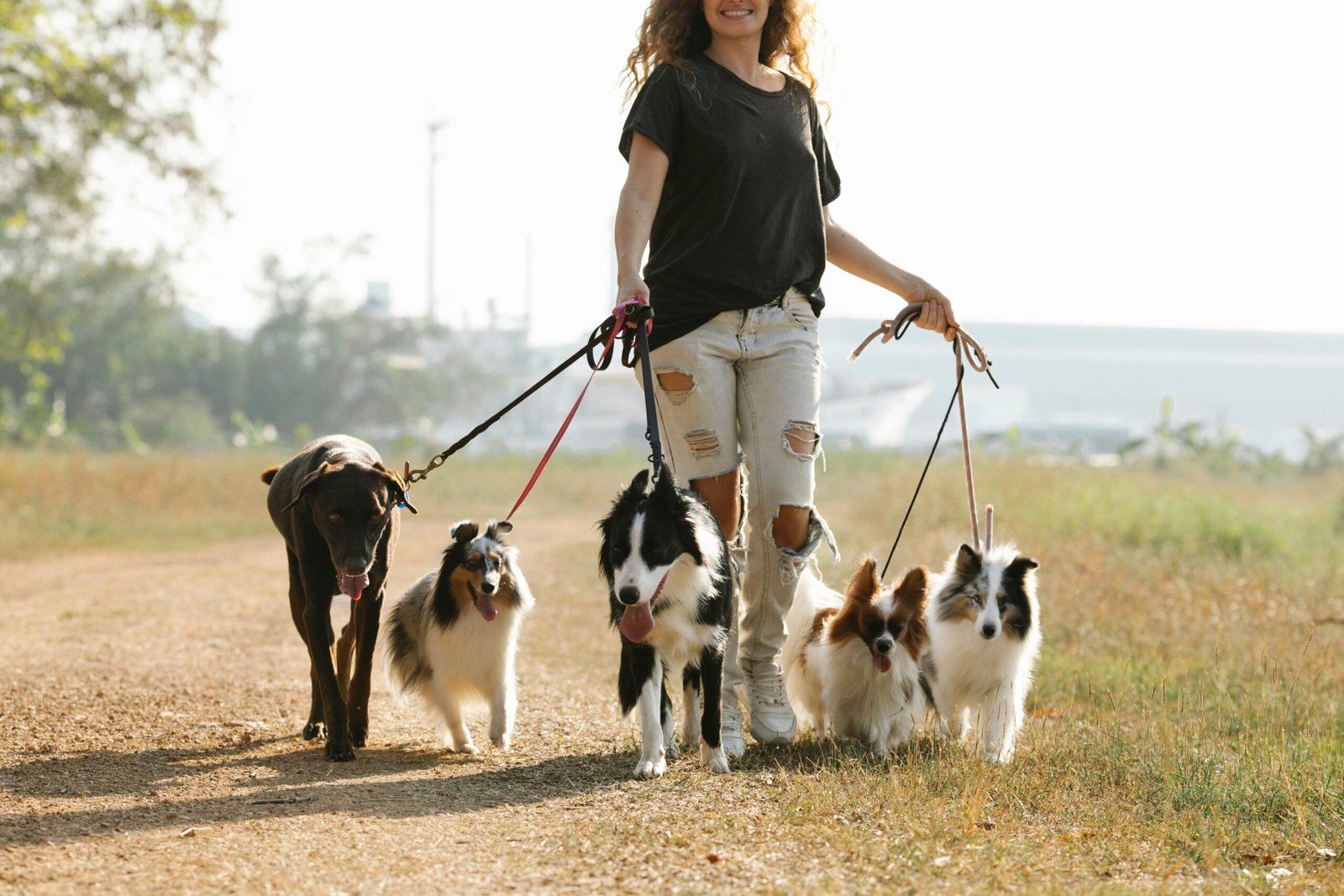Owning a dog is a rewarding experience, but it can come with its own set of challenges, especially if your furry friend has special needs. Dogs with disabilities or health issues require extra love, care, and attention. Understanding how to support them can make all the difference in their quality of life. Let’s dive into ways to ensure your dog feels loved, safe, and comfortable every step of the way.
Understanding Your Dog’s Special Needs
The first step in supporting your dog with special needs is understanding what those needs are. This can range from physical disabilities, like blindness or paralysis, to chronic health conditions such as diabetes or epilepsy. Much like humans, each dog is unique, and their needs will vary. It’s essential to have a thorough discussion with your veterinarian to get a complete picture of your dog’s condition. They can provide insights into what your dog might be experiencing and how you can best support them. Remember, knowledge is power, and the more you know, the better you can help your furry friend.
Creating a Safe Environment
A safe environment is crucial for a dog’s well-being, more so if they have special needs. Consider your dog’s limitations when setting up their living space. For instance, a blind dog might benefit from a consistent layout with no sudden changes in furniture placement. Ramps can be a great addition for those with mobility issues, allowing them to move around freely without the risk of injury. Safety gates can also be used to prevent access to dangerous areas like stairs. Think of it as child-proofing your home, but for your beloved canine companion.
Providing Physical Support
Physical support can mean a world of difference for dogs with special needs. This might involve using harnesses or supportive slings for dogs with mobility challenges. For those with arthritis or joint issues, orthopedic beds can provide much-needed comfort. If your dog struggles to walk, there are specialized wheelchairs designed just for them. These devices can empower your dog to explore their surroundings, which is vital for their mental well-being. Always ensure that any equipment you use is the right size and fit for your dog to avoid causing discomfort or injury.
Ensuring Proper Nutrition
Nutrition plays a pivotal role in supporting a dog with special needs. Some conditions may require specific diets, such as low-fat options for dogs with pancreatitis or high-fiber diets for those with digestive issues. It’s essential to work closely with your veterinarian to develop a nutrition plan tailored to your dog’s condition. Keep an eye on their weight, as some dogs may require more or fewer calories depending on their activity level and health status. Remember, a healthy diet can significantly impact your dog’s overall well-being and longevity.
Regular Veterinary Check-ups
Consistent veterinary care is critical for dogs with special needs. Regular check-ups allow your vet to monitor your dog’s condition and adjust treatment plans as necessary. These visits can also catch any potential complications early on, ensuring your dog receives the best care possible. Be proactive in scheduling appointments and don’t hesitate to reach out if you notice any changes in your dog’s behavior or health. Think of your vet as a partner in your dog’s care journey, always there to support both you and your furry friend.
Engaging in Mental Stimulation

Mental stimulation is just as important as physical care for dogs with special needs. Engaging their minds can prevent boredom and improve their overall happiness. Puzzle toys, interactive games, and training sessions can provide the stimulation they need. Even if your dog has physical limitations, there are plenty of ways to keep their mind active. For example, scent-based games can be great for blind dogs, while gentle fetch or tug-of-war can be adapted for those with mobility issues. Always remember that mental exercise is an excellent way to bond with your dog, strengthening the connection you share.
Offering Emotional Support
Dogs with special needs often require extra emotional support. They may feel anxious or frustrated due to their limitations. Providing a calm and loving presence can help alleviate their stress. Spend quality time with your dog, offering plenty of affection and reassurance. Be patient and understanding, especially during challenging moments. Some dogs may benefit from the companionship of another pet, while others may thrive on one-on-one interactions with their humans. Trust your instincts and always prioritize your dog’s emotional well-being.
Adapting Your Routine
Adapting your daily routine to accommodate your dog’s special needs can make life easier for both of you. This might mean scheduling medication at consistent times, setting aside time for physical therapy exercises, or planning activities that cater to their abilities. Consistency is key, as dogs thrive on routine. It provides them with a sense of security and predictability. While it may take some adjustment, embracing these changes can lead to a more harmonious life with your special needs dog.
Supporting a dog with special needs requires dedication, patience, and love. By understanding their unique requirements and providing the necessary care and support, you can significantly enhance their quality of life. Remember, every small effort you make is a testament to the unbreakable bond you share with your furry companion.

Andrew Alpin from India is the Brand Manager of Doggo digest. Andrew is an experienced content specialist and social media manager with a passion for writing. His forte includes health and wellness, Travel, Animals, and Nature. A nature nomad, Andrew is obsessed with mountains and loves high-altitude trekking. He has been on several Himalayan treks in India including the Everest Base Camp in Nepal.





